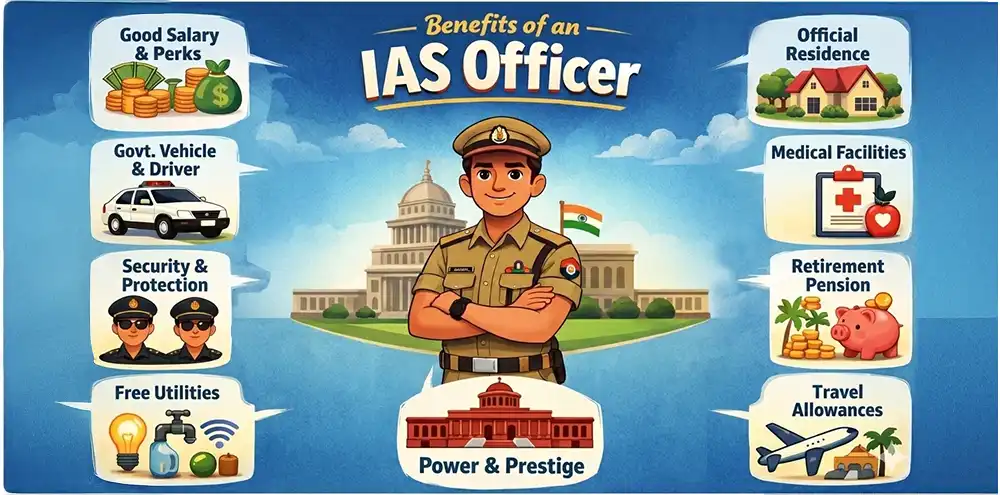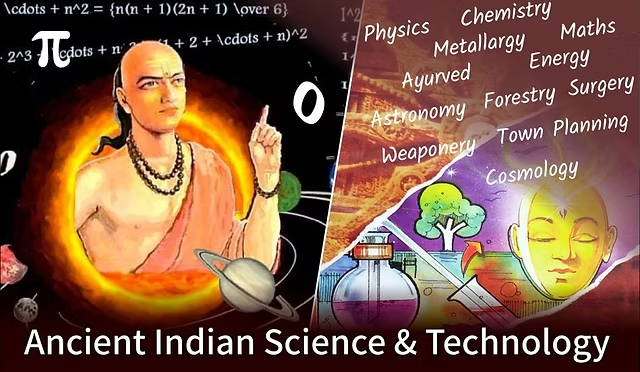Font size:
Print
UN Reforms
Context:
- Prime Minister Modi will address “The UN Summit of the Future” in New York on September 22-23, aiming to build a new international consensus for a better present and future.
- The summit comes at a critical time, with growing concerns over the effectiveness of the UN, particularly in dealing with conflicts like Ukraine and Gaza.
Key Issues Affecting the UNSC:
- Stalemate in Reform: The demand for including new permanent members, such as Brazil or India, has stalled.
- Disagreements on the expansion of permanent seats and the veto power persist, particularly among the P5 members who are resistant to giving up their exclusive privileges.
- Ineffectiveness in Conflict Resolution: The UNSC’s inability to effectively address the Syrian civil war and the Ukraine crisis, largely due to vetoes from Russia and China, has led to criticisms about its capacity to maintain international peace and security.
- Geopolitical Tensions: The growing rivalry between the U.S. and China has complicated UNSC operations.
- The U.S. and China’s differing stances on issues like Taiwan and South China Sea have created divisions within the UNSC.
- Increased Global Threats: The UNSC’s structure is often criticised for being ill-equipped to handle modern challenges such as climate change and pandemics.
Key Issues Stopping Democratisation of the UNSC:
- Resistance from Permanent Members (P5)
- Example: The P5 (U.S., Russia, China, U.K., France) resist changes that might dilute their influence.
- Their veto power is a significant barrier to reform, preventing changes that could lead to more equitable representation.
- Example: The P5 (U.S., Russia, China, U.K., France) resist changes that might dilute their influence.
- Lack of Representation and Inclusivity
- Example: African nations argue they are underrepresented in the UNSC, with no permanent seat despite their significant geopolitical and economic influence.
- This underrepresentation undermines the UN’s legitimacy.
- Example: African nations argue they are underrepresented in the UNSC, with no permanent seat despite their significant geopolitical and economic influence.
- Geopolitical Tensions
- Example: Tensions between the U.S. and Russia have stalled discussions on UNSC reform.
- Conflicting interests prevent consensus on expanding or restructuring the Council’s membership.
- Example: Tensions between the U.S. and Russia have stalled discussions on UNSC reform.
- Divergent National Interests
- Example: Various national groups, like the G-4 (India, Germany, Japan, Brazil) advocating for permanent seats and the United for Consensus group opposing them, complicate the reform process.
Potential Impacts of Not Reforming the UNErosion of Legitimacy and Credibility
Increased Geopolitical Tensions
Ineffectiveness in Addressing Global Challenges
Decline of Multilateralism
Perpetuation of Inequality and Injustice
Stagnation of Global Norms and Standards
|
Key Proposals for UNSC Reform:
Expansion of Permanent Membership
-
- Several proposals advocate adding new permanent members to the UNSC to reflect current global realities.
- The most frequently mentioned candidates are India, Brazil, Germany, and Japan (G4 nations), along with calls for permanent representation from Africa.
Limiting or Abolishing Veto Power
-
- Many reform proposals target the veto power held by the P5 (U.S., Russia, China, U.K., and France).
- Some suggest limiting veto use in cases of genocide and mass atrocities, while others call for the complete abolition of the veto to prevent its misuse.
Increased Non-Permanent Seats
-
- To enhance regional representation, particularly from Africa, Latin America, and Asia, reforms suggest increasing the number of non-permanent seats, which rotate every two years.
- This would offer underrepresented regions more influence in UNSC decisions.
Intergovernmental Negotiations
-
- The UNGA initiated intergovernmental negotiations to address UNSC reform, particularly around issues of representation, membership expansion, and working methods.
- These discussions aim to achieve a consensus among member states for a fairer and more equitable UNSC.


